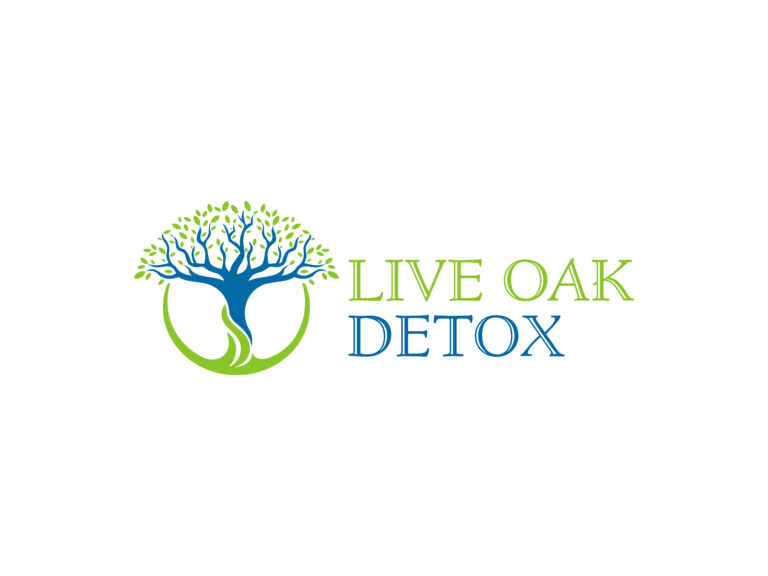






Benzodiazepines, commonly known as “benzos,” are a class of medications primarily used to treat anxiety, insomnia, and several other neurological conditions. These drugs, when taken as prescribed, can be therapeutic. However, their sedative properties and capacity to induce feelings of relaxation make them prone to misuse, leading to dependency and potential addiction for many.
Continuous usage of Benzodiazepines, especially beyond the recommended dose, can lead to physical dependence. The body adjusts to the constant presence of the drug, and over time, higher doses are required to achieve the same effects. Combined with their fast-acting relief for issues like anxiety, this can create a cycle where an individual feels they cannot function normally without the medication.
In the short term, benzodiazepine misuse can lead to symptoms such as drowsiness, blurred vision, and poor coordination. Psychologically, it might provide a temporary relief from distress, but can also lead to memory problems and feelings of depression.
An overdose on benzodiazepines can be life-threatening. Symptoms might include extreme drowsiness, slowed breathing, and even coma. Combining benzodiazepines with alcohol or other drugs increases the risk of a fatal overdose.
Beyond the physical symptoms, behavioral indicators can indicate dependence. This includes doctor shopping to get multiple prescriptions, using the drug in situations where it’s risky, and spending a significant amount of time obtaining, using, or recovering from the drug.
Withdrawal symptoms such as insomnia, irritability, and anxiety might emerge when the drug isn’t taken. Social withdrawal, loss of interest in activities, and neglecting responsibilities are also indicative signs of addiction.
Routine or escalating consumption, especially beyond prescribed limits, or seeking the drug illicitly are strong indicators of misuse.
Awareness of slang like “benzos,” “downers,” or “tranqs” can be helpful in identifying covert discussions or purchases related to the drug.
Chronic benzodiazepine misuse can lead to a weakened immune system, respiratory issues, and potential for organ damage, particularly the liver.
Over time, individuals may experience increased anxiety, depression, and cognitive difficulties. They might also face challenges in processing emotions or handling stress without the drug.
The ripple effect of addiction extends to loved ones. Emotional strain, potential financial hardships, and even instances of neglect or abuse can emerge in families where one member is battling addiction.
Research indicates a possible genetic predisposition towards addiction. Those with family members with addiction histories might be at a higher risk.
Early exposure, whether through a family setting or peer influences, can set the stage for later addiction.
Societal pressures, norms, and the wider acceptance of drug use or misuse can contribute to an individual’s descent into addiction.
Oftentimes, individuals grappling with mental health disorders resort to substances like benzodiazepines as a form of self-medication. High stress environments and unresolved trauma can further push an individual toward misuse as a coping mechanism.
Detoxification involves the gradual weaning off the drug, often under medical supervision. This process can vary in duration and might be accompanied by withdrawal symptoms.
Withdrawal from benzodiazepines needs to be approached with caution. Symptoms can range from tremors and anxiety to more severe cases of hallucinations or seizures.
CBT aids individuals in recognizing and coping with situations that drive them to drug use. It provides strategies to resist the drug and replace drug-using activities with more constructive and rewarding behaviors.
Apart from CBT, methods like contingency management and motivational enhancement therapy have also proven effective for battling benzodiazepine addiction.
Medications like Flumazenil might be used in some detox settings. Additionally, antidepressants or antipsychotic meds can address co-occurring mental health disorders.
While medication can be a crucial element, it’s most effective when combined with behavioral therapies and holistic approaches to treat the whole individual, not just the addiction.
Aftercare, including sober living environments, ongoing therapy, and support groups, ensures that the individual doesn’t relapse into old habits.
Family can play a pivotal role in an individual’s recovery. Family therapy and support can mend strained relationships and build a supportive environment for the recovering individual.
Ongoing education, involvement in support groups, and establishing a routine that includes physical activity and healthy habits are vital. Avoiding triggers, building a robust support network, and seeking help when facing challenges can aid in maintaining sobriety.
Understanding benzodiazepine addiction is the first step towards recovery. With the right resources, therapies, and support, overcoming this addiction is achievable. The journey might be challenging, but with perseverance and dedication, a drug-free life is attainable.
Understanding benzodiazepine addiction is the first step towards recovery. With the right resources, therapies, and support, overcoming this addiction is achievable. The journey might be challenging, but with perseverance and dedication, a drug-free life is attainable.